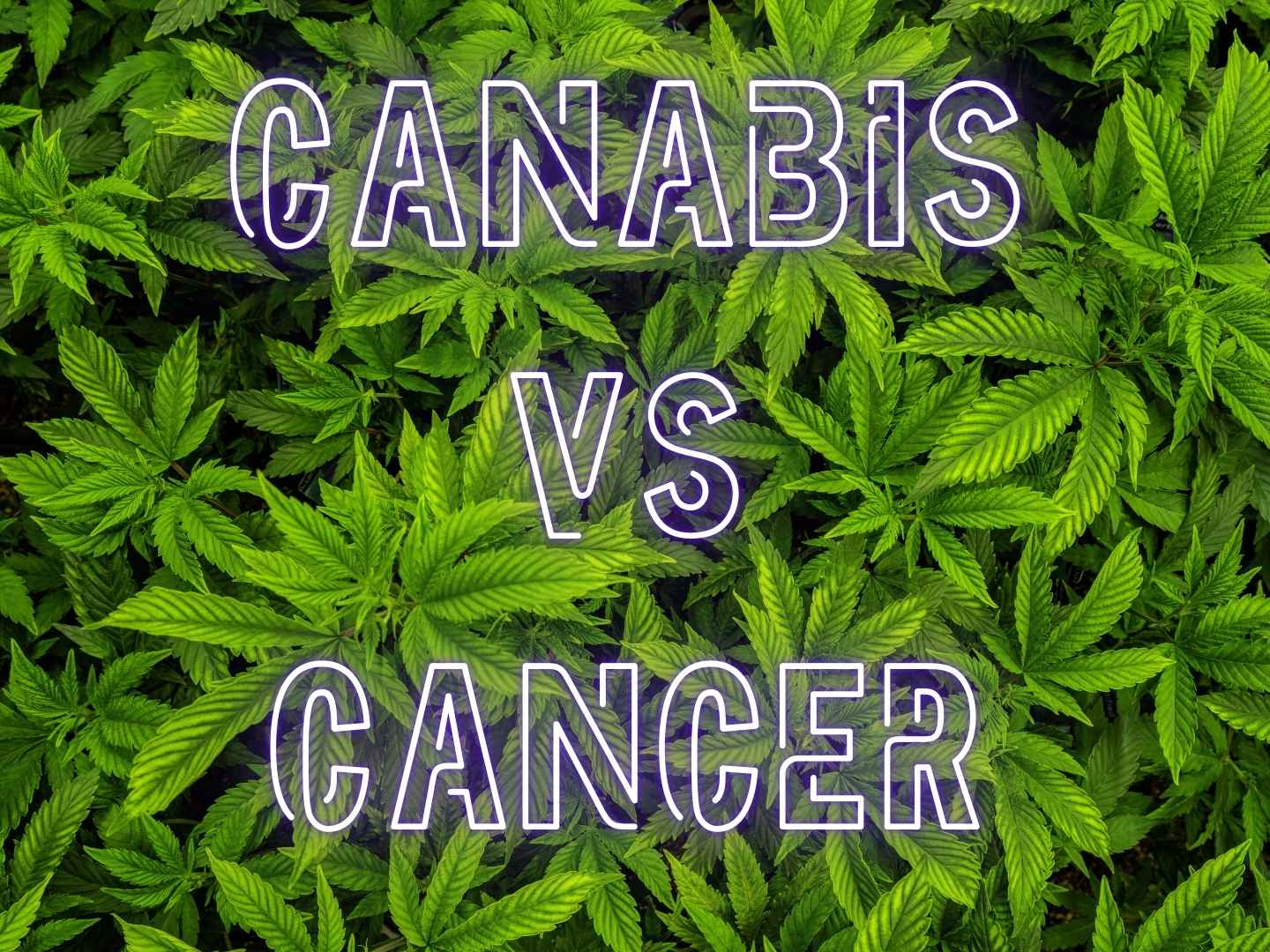Could the Cure Be in the Plant?

Exploring the Healing Potential of Cannabis Compounds in Cancer Treatment
Cannabis has undergone a remarkable transformation—from a misunderstood, stigmatized plant to a potential game-changer in modern medicine. One of the most exciting areas of cannabis research is its potential role in combating cancer. Studies suggest that cannabinoids, the active compounds in cannabis, may not just alleviate the side effects of cancer treatment but could actually inhibit the growth and spread of cancer cells themselves. Let’s dive into the science, the possibilities, and what this could mean for patients and doctors alike.
What Makes Cannabis a Cancer Fighter?
At its core, cannabis is a biochemical powerhouse. The plant contains over 100 cannabinoids, with THC (tetrahydrocannabinol) and CBD (cannabidiol) being the most well-known. These compounds interact with the endocannabinoid system in the body, which regulates everything from mood to pain to immune function. When it comes to cancer, cannabinoids seem to have a special knack for disrupting the processes that allow tumors to thrive.
Here’s what researchers are uncovering:
Killing Cancer Cells: Cannabinoids can trigger apoptosis, a form of programmed cell death, in cancer cells while leaving healthy cells intact. Think of it as targeted self-destruction for rogue cells.
Starving Tumors: Tumors need blood vessels to grow. Cannabinoids appear to inhibit angiogenesis—the formation of these blood vessels—cutting off the tumor’s lifeline.
Stopping the Spread: Cannabis compounds may also reduce metastasis, the process by which cancer cells travel to other parts of the body.
Perhaps even more intriguing is the “entourage effect.” This theory suggests that the various cannabinoids, terpenes, and other compounds in the cannabis plant work together synergistically, amplifying their therapeutic effects. This means that whole-plant cannabis extracts might be more effective than isolated cannabinoids like THC or CBD alone.
What the Research Tells Us
While preclinical studies in cell cultures and animal models have shown promising results, human trials are still in their infancy. That said, there are some standout studies that give us a glimpse of cannabis’s potential in cancer treatment.
Take glioblastoma, for example. This aggressive form of brain cancer has proven notoriously difficult to treat. A study involving the cannabis-based medicine Sativex—a 1:1 THC:CBD tincture—showed improved one-year survival rates in glioblastoma patients when combined with traditional chemotherapy. This is no small feat, considering how deadly this cancer can be.
Beyond directly targeting tumors, cannabis is a star player in symptom management. Cancer patients undergoing chemotherapy often grapple with debilitating side effects like nausea, pain, and appetite loss. Cannabis has been a lifeline for many of these patients, helping them regain quality of life during grueling treatments.
The Challenges of Cannabis in Cancer Care
As hopeful as the research is, it’s important to approach this topic with a dose of reality. For starters, cannabis is not a one-size-fits-all solution. The plant’s therapeutic potential varies depending on the cancer type, the specific cannabinoids used, and how they’re administered.
Dosage is another puzzle. Because cannabis is still federally classified as a Schedule I drug in the U.S., research has been hamstrung for decades. This means we’re only beginning to understand the optimal dosages for different conditions. Too little might be ineffective, and too much could cause unwanted side effects, like sedation or anxiety.
Then there’s the matter of drug interactions. Many cancer patients are already taking a cocktail of medications, and cannabis doesn’t exist in a vacuum. It can interact with other treatments in ways that aren’t fully understood yet, underscoring the importance of working with medical professionals who understand cannabis therapeutics.
A Vision for the Future
So, what’s next for cannabis and cancer care? First, we need robust, large-scale clinical trials to confirm what early studies and anecdotal evidence suggest. These trials should aim to answer key questions: Which cannabinoids work best for which cancers? What’s the right dosage? How do we balance the benefits of whole-plant medicine with the precision of isolated compounds?
Second, we need to break down the stigma that still surrounds cannabis in medicine. Too often, patients and even doctors view cannabis as a last-ditch effort rather than a legitimate option. Education is key to changing these perceptions, so that more patients feel empowered to explore cannabis as part of their treatment plan.
Finally, the legal and regulatory landscape must evolve. The current patchwork of state laws in the U.S. creates confusion for patients and providers alike. Federal legalization would open the door to more comprehensive research and standardized guidelines, helping to unlock the full potential of cannabis in cancer treatment.
Hope on the Horizon
The idea that a plant as ancient and versatile as cannabis could play a role in the fight against cancer is as exciting as it is logical. While it’s not a miracle cure, the science suggests it could become a vital tool in the oncology toolbox—one that targets cancer cells, eases treatment side effects, and improves the lives of patients.
As research continues to grow, so does the hope for a future where cannabis is not just an alternative treatment, but an integral part of cancer care. Until then, staying informed and advocating for better research and access is the best way forward. Because if cannabis has taught us anything, it’s that nature often holds the keys to our most pressing medical challenges.
Please note: You are not currently logged in. Only members can contribute comments. If you would like to contribute click the button below.
